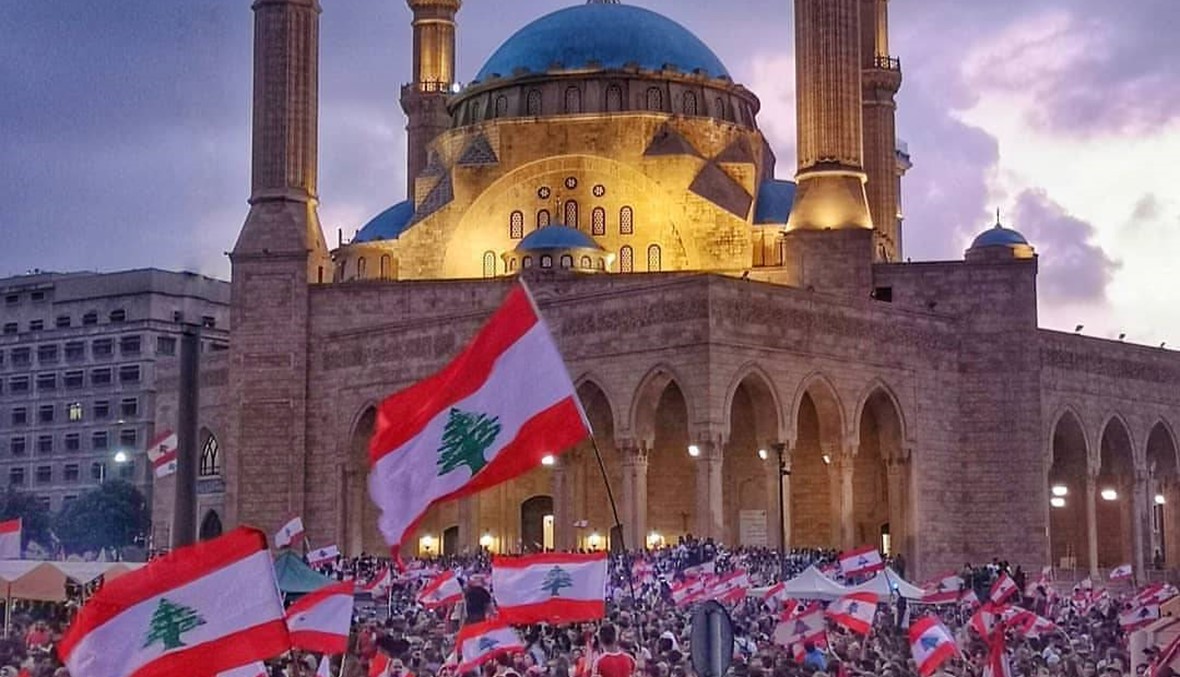madtechventures.com – Lebanon is a country where religion plays a pivotal role in shaping its cultural, social, and political identity. Nestled in the heart of the Middle East, Lebanon is home to a diverse array of religious communities, each contributing to the nation’s unique tapestry. The intersection of these diverse faiths has significantly influenced Lebanon’s history, culture, and national identity.
A Mosaic of Faiths
Lebanon is renowned for its religious diversity, with 18 officially recognized religious sects. The major religious groups include Christians (Maronites, Greek Orthodox, Armenian Orthodox, and others), Muslims (Sunni and Shia), and Druze. This mosaic of faiths has been a defining characteristic of Lebanon, fostering a society where multiple religious traditions coexist.
Historical Influence of Religion
Religion has been a central element in Lebanon’s history, influencing everything from its governance to its cultural practices. The country’s sectarian makeup has shaped its political system, which is based on confessionalism—a power-sharing arrangement that allocates political positions among the various religious groups. This system aims to ensure representation and balance among Lebanon’s diverse communities.
Cultural Impact
Religion significantly impacts Lebanese culture, influencing art, music, festivals, and daily life. Religious festivals and holidays are celebrated with great fervor, often transcending sectarian lines and bringing communities together. The architectural landscape of Lebanon, with its historic churches, mosques, and temples, reflects the country’s rich religious heritage.
Challenges and Coexistence
While religion enriches Lebanon’s identity, it also presents challenges, particularly in terms of sectarian tensions and political divisions. The country’s history has seen periods of conflict fueled by religious and sectarian differences. However, Lebanon is also a testament to coexistence, where interfaith dialogue and collaboration are ongoing efforts to promote peace and unity.
The Path Forward
In a rapidly changing world, Lebanon continues to navigate the complexities of its religious identity. Efforts to promote tolerance, dialogue, and understanding among its diverse communities are crucial in building a harmonious society. Education, cultural exchange, and political reforms are vital in fostering a sense of national identity that transcends religious affiliations.
Conclusion
Religion plays an integral role in shaping Lebanon’s identity, influencing its culture, politics, and social dynamics. As Lebanon continues to evolve, the challenge lies in harnessing its religious diversity as a source of strength and unity. By embracing its rich tapestry of faiths, Lebanon can build a future that honors its past while striving for a peaceful and inclusive society.
